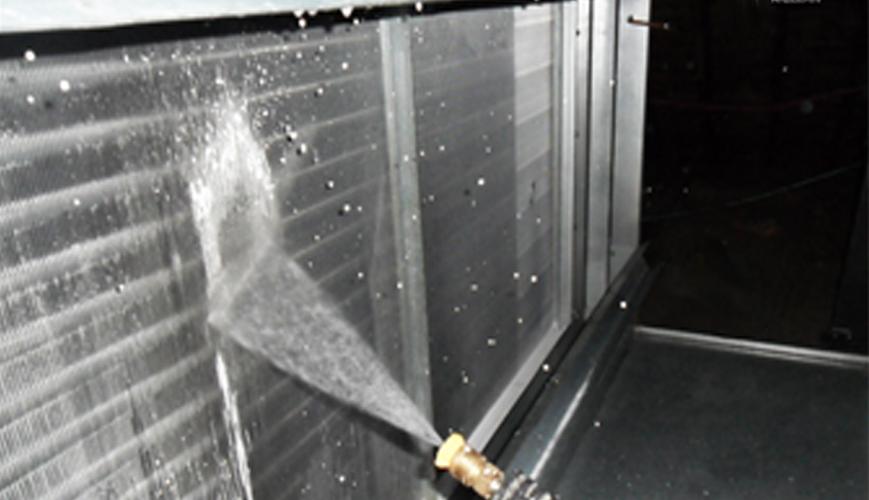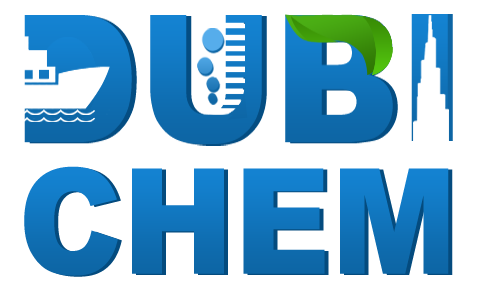
Dubi Chem is one of the Evaporator Coil Cleaner manufacturers, exporters, and suppliers in Fujairah, Sharjah, Abu Dhabi, Ajman, Ras Al Khaimah, Kuwait, Muscat, Dubai UAE. We are supplied to various industrial markets including Household, Institutional Cleaning, Personal Care, and Industrial sectors including Oil fields, chemical, Animal feed additive, Food additive, Agrochemical, Fertilizer, pharmaceuticals, water treatment, Minerals, Lubricants, Marine Industry, Metal Working chemical industry, and Coatings markets.
Evaporator Coil Cleaner is a special blend of effective ingredients designed to penetrate and remove built-up grease, dirt, and oxidation from finned coils, cleaning in one step. Evaporator Coil Cleaner DOES NOT CONTAIN ACID.
The buildup of greasy dirt on the air conditioning or refrigeration cooling coils makes the units work much harder. Impeded airflow and poor heat transfer can put a severe strain on both the equipment and the pocketbook. Cleaning removes dirt and greasy film from evaporator coils and enables the equipment to operate more efficiently.
Application:
What is EVAPORATOR PLANT?
For the production of freshwater Large ships usually carry evaporating plants.
Steamships must be able to produce high-quality distillate in order to maintain boiler-water levels.
Diesel-engined ships often utilize waste heat as an energy source for producing freshwater. In this system, the engine-cooling water is passed through a heat exchanger, where it is cooled by concentrated seawater (brine). Because the cooling water (which is chemically treated freshwater) is at a temperature of 70–80 °C (158–176 °F), it would not be possible to flash off any water vapor unless the pressure in the heat exchanger vessel was dropped. To alleviate this problem, a brine-air ejector venturi pump is used to create a vacuum inside the vessel. Partial evaporation is achieved, and the vapor passes through a demister before reaching the condenser section. Seawater is pumped through the condenser section to cool the vapor sufficiently to precipitate it. The distillate gathers in a tray, from where it is pumped to the storage tanks. A salinometer monitors salt content and diverts the flow of distillate from the storage tanks if the salt content exceeds the alarm limit. Sterilization is carried out after the evaporator.
Evaporators are usually of the shell-and-tube type (known as an Atlas Plant) or of the plate type (such as the type designed by Alfa Laval). Temperature, production, and vacuum are controlled by regulating the system valves. Seawater temperature can interfere with production, as can fluctuations in engine load. For this reason, the evaporator is adjusted as seawater temperature changes and shut down altogether when the ship is maneuvering. An alternative in some vessels, such as naval ships and passenger ships, is the use of the reverse osmosis principle for fresh-water production, instead of using evaporators.
We are trying our best to supply every chemical you may wish to buy. However, if there is something you can’t find, feel free to contact us and we will find just what you are looking for and offer you a competitive price. We have many customers in the United States, Canada, Mexico, Australia, United Kingdom, and European Union countries and retain long-term cooperation. For more information or to request a particular product, call customer services or Given website Email address.
